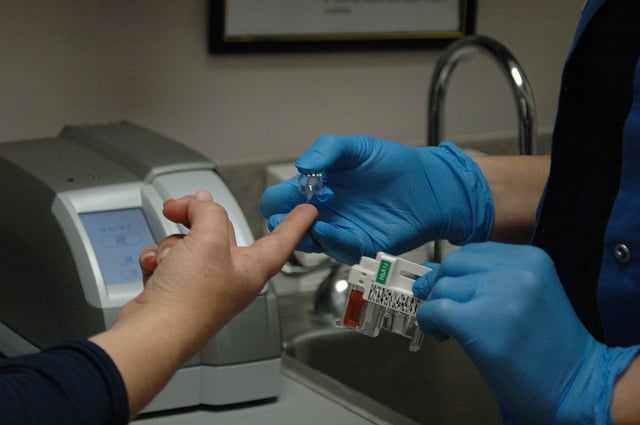
Scientists from the Washington University School of Medicine and Harvard University have developed a new diabetes treatment using stem cells. The scientists managed to produce insulin-secreting cells from the stem cells of patients with type 1 diabetes.
It is the first diabetes treatment using stem cells to successfully treat a patient in this way. Because the stem cells have come from a patient’s own body, there is no risk of rejection — a common problem that occurs after stem cell transplants.
Type 1 diabetes is caused when a patient’s pancreas cannot produce enough insulin. They have to receive regular insulin injections to correctly deliver glucose throughout the body.
The new treatment takes skin cells from the patient’s body and turns them into induced Pluripotent Stem Cells (iPSCs). iPSCs are a type of stem cell that is capable of turning into many other types of cells.
The iPSCs are genetically modified, then turned into pancreatic cells. The modification allows them to secrete insulin correctly. They are then transplanted into the patient’s body.
This is an innovative new approach to treating type 1 diabetes in patients and a step forward for personalised medicine. It is the first diabetes treatment using stem cells in this way.
Scientists were initially concerned that using skin cells from the patient’s body might result in cells that also contain a diabetic defect, but they found it did not interfere with the process.
The modified cells can sense when there is glucose in the blood stream and automatically release insulin to transport it correctly. This discovery may remove the need for diabetes sufferers to have regular injections and may save many lives. Human trials are expected to begin within the next few years.
Source: Diabetes Treatment Using Stem Cells: No More Insulin Injection
{{cta(‘010124f3-c9bc-4a23-b9fc-74953e6288c9’)}}


